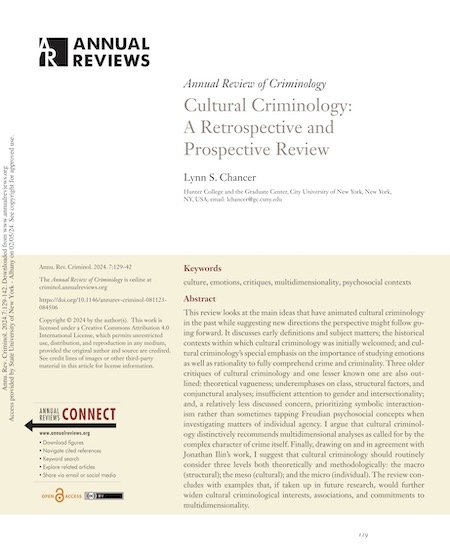By Jocelyn Frye, Shilpa Phadke, Robin Bleiweis, Maggie Jo Buchanan, Danielle Corley, and Osub Ahmed
In 2006, Maricruz Ladino, a farmworker at a California lettuce-packing plant, was repeatedly harassed by her supervisor. She rebuffed his lewd requests and comments, but he was unrelenting. Eventually, as they were heading back from a day’s work in the fields, he took her to another location and raped her. She was afraid to come forward, but after several months, she finally mustered the courage to complain about what had happened. Instead of taking action against her supervisor, her employer fired her. She later filed a civil suit against the company and, in 2010, the company agreed to a settlement. When reflecting on her traumatic experience several years later, Ladino would explain how she found the courage to come forward, saying, “I have daughters, I have sisters. And I have to stop this from happening to them, too. That’s what gave me strength to speak out.”2 The prevalence of gender-based violence (GBV) in the United States has become the focus of a national conversation. Whether it is the meteoric rise and resilience of the #MeToo movement, originally launched by activist Tarana Burke more than a decade ago; a seemingly endless list of public figures involved in allegations of sexual misconduct; a U.S. Supreme Court nomination fight made contentious in part by sexual assault allegations; President Donald Trump’s dismissive attacks on survivors’ stories and more than two dozen women alleging his own misconduct over decades; or Trump administration policies that increasingly degrade, disparage, and dehumanize women and gender minorities, all have elevated the discussion about how well GBV claims are handled and what responses are needed to combat it.3 In the wake of this attention, people from across the country have stood up and spoken out. They have told their personal stories and made clear that a status quo that tolerates sexual misconduct is unacceptable and must change. Many policymakers have been quick to profess support for survivors and reject all forms of GBV,
from sexual harassment to sexual assault and more, yet concrete legislative action to address these issues has been slow in coming. Even when policymakers do engage, they often focus on piecemeal measures as a quick fix rather than a more holistic response to address the full range of underlying problems. Lost in the discussion are the interwoven issues that collectively perpetuate GBV—particularly the systemic biases around race, sex, ethnicity, gender identity, sexual orientation, religion, national origin, and disability that shape survivors’ diverse experiences. Overly narrow views and definitions around sex and gender identity that leave out women of color and gender minorities risk ignoring critical aspects of the problem and perpetuating a broader public narrative that elevates some groups over others and leaves out some survivors altogether. Furthermore, too little attention has focused on the connections between GBV and other abusive or violent behaviors, such as research showing high rates of domestic violence and misogynistic attacks among perpetrators of mass shootings.4 Dissecting how all of these issues relate to each other is crucial and long overdue
Washington, DC: Center for American Progress, 2019. 70p.











